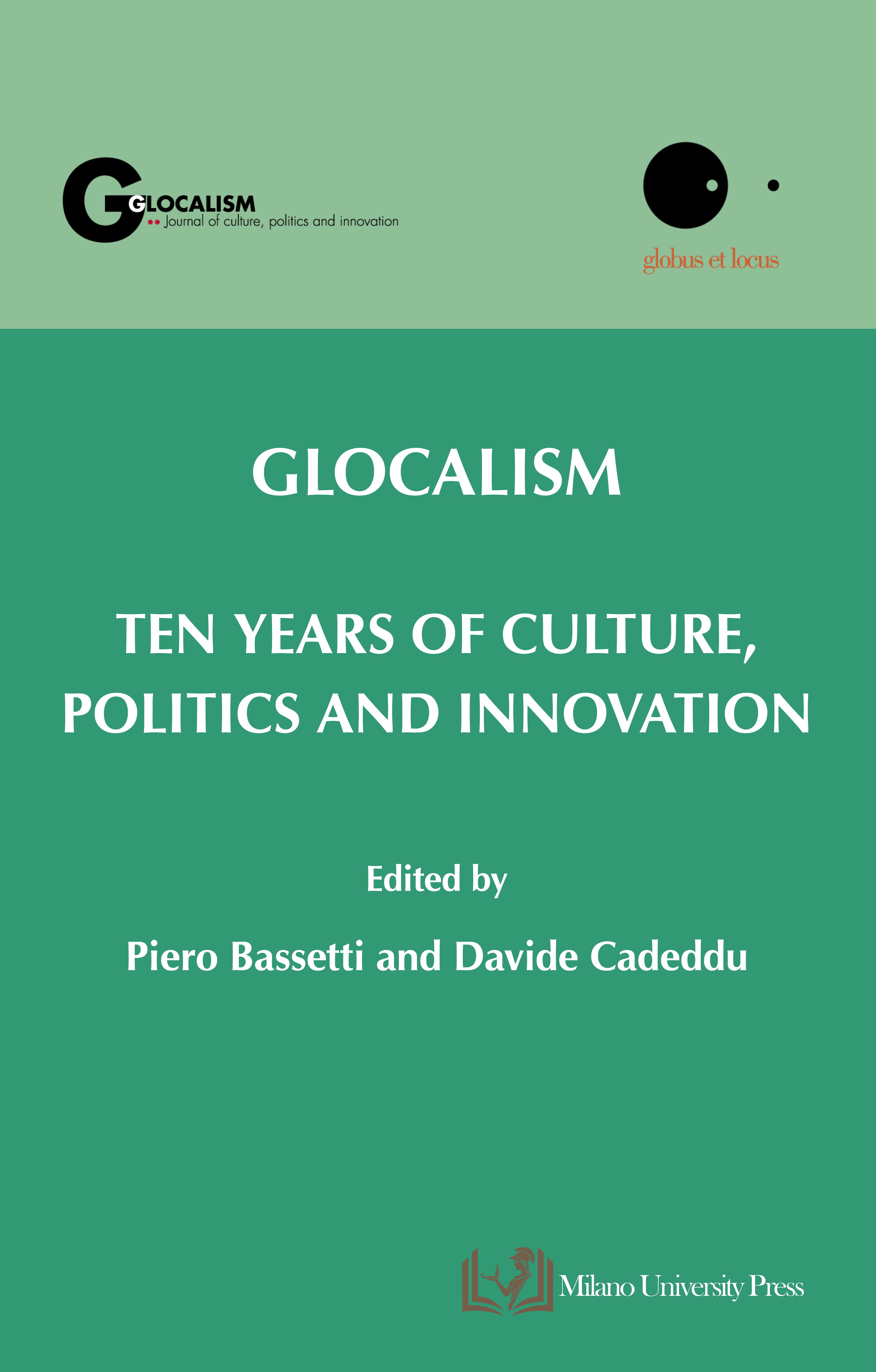Glocalised Foodscapes: The Self, The Other and The Frontier
DOI:
https://doi.org/10.12893/gjcpi.2020.3.8Keywords:
food, glocalisation, identity, otherness, translationAbstract
While food is capable of mediating between different cultures, opening kitchen systems to all sort of inventions, crosses and contaminations, it is also the space for domestication and adaptation. This has become particularly evident in contemporary glocalised foodscapes, where migratory flows, travels and the development of media systems have made the processes of translation across different food cultures increasingly evident and consistent, affecting (much faster than in the past) the existing culinary “traditions” and becoming part of them. The distinction between the global and the local dimension has thus progressively blurred, making established meanings and identities no longer clearly defined, but rather expressed through several and multiple interpretations. It is therefore essential to understand the semiotic processes underlying such interpretations, and the way they contribute to the definition of contemporary food meanings and identities. This paper deals with these crucial questions by focusing on some relevant case studies related to the Peruvian foodsphere, whose recent development and success on a global scale has been promoted precisely by means of an emphasised process of glocalisation operated by local food services and haute-cuisine chefs that have become famous worldwide.

Downloads
Published
How to Cite
Issue
Section
License

This work is licensed under a Creative Commons Attribution-ShareAlike 4.0 International License.











